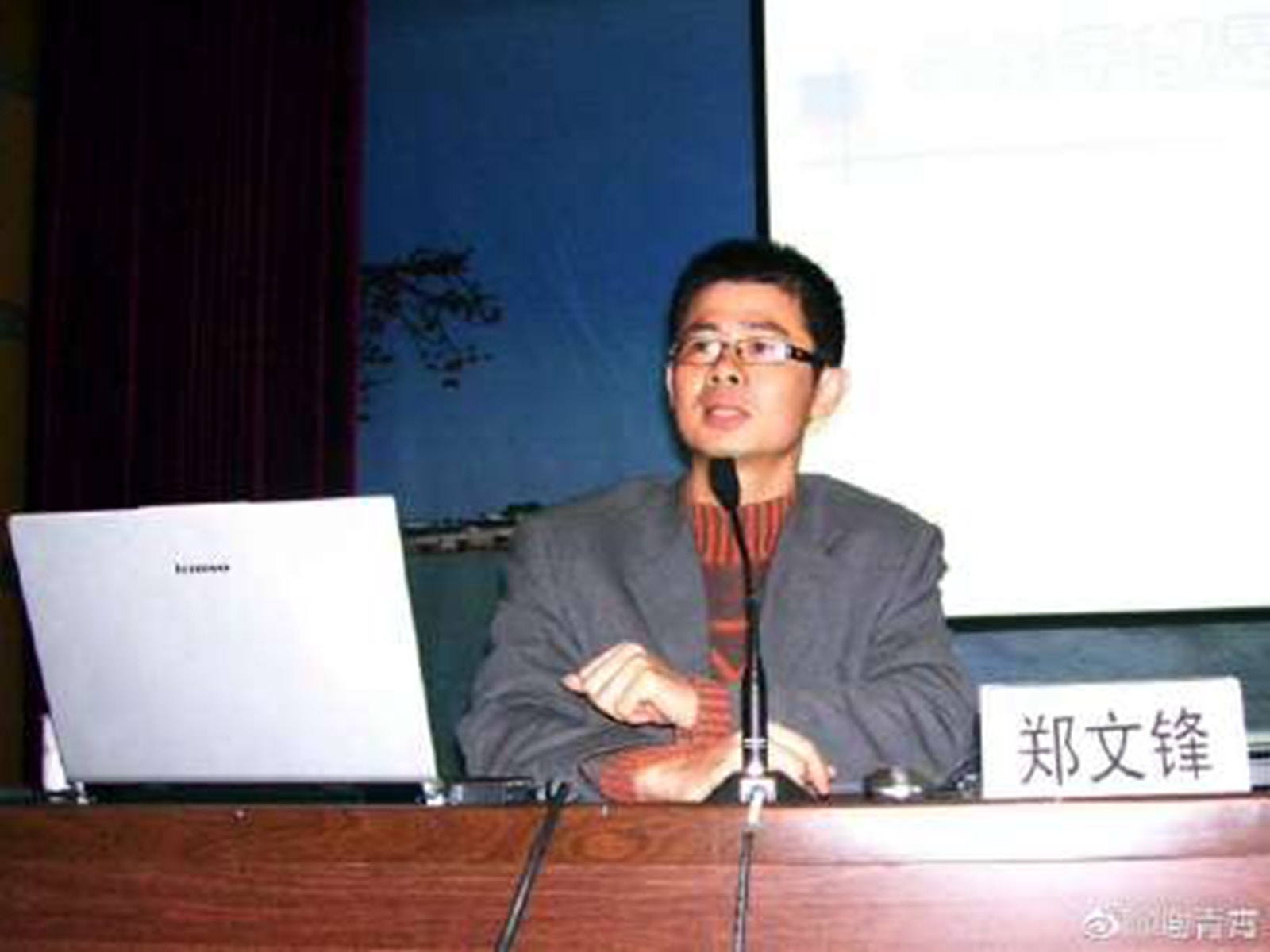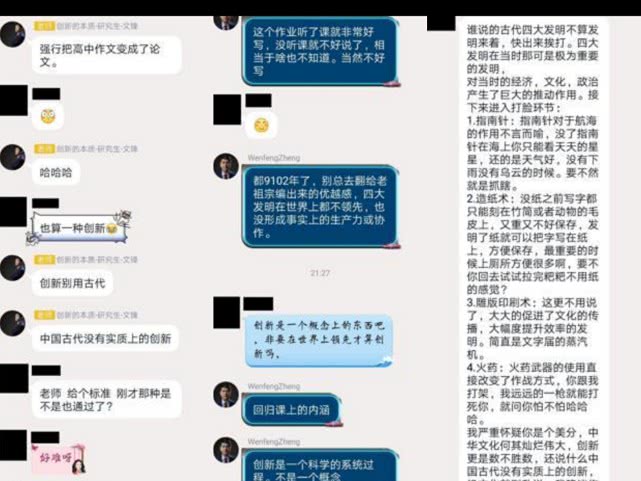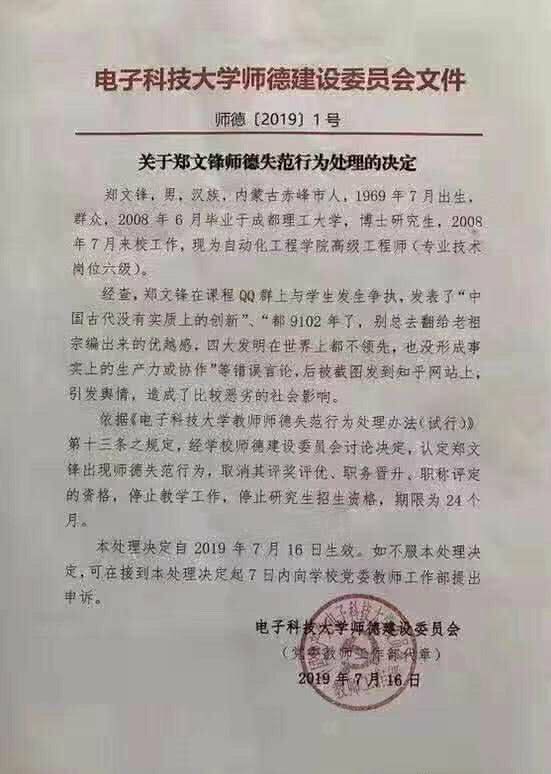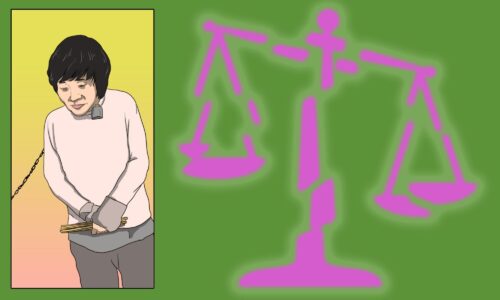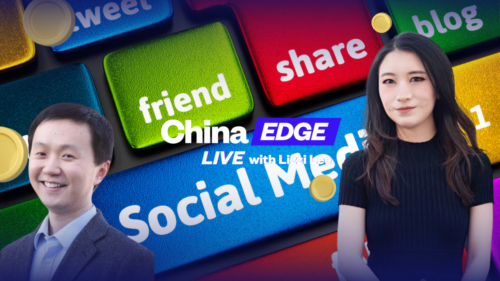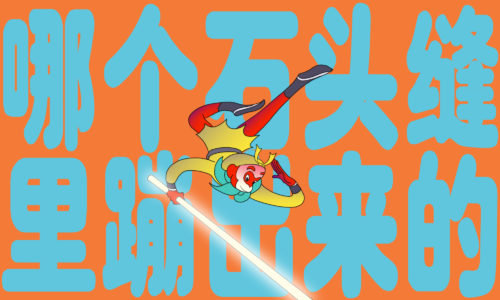College professor suspended for diminishing China’s ‘four great inventions’
College professor suspended for diminishing China’s ‘four great inventions’

A university professor in Chengdu, Sichuan Province, has been stripped of teaching duties for two years after students filed a complaint about remarks he made regarding the “four great inventions of ancient China.”
Back in June, while teaching a course called The Essence of Innovation, Zhèng Wénfēng 郑文锋 created a WeChat group where he took questions from students outside class. One day, Zheng leveled some unkind criticism at some students for their essays, saying they “write college papers like high school students.” It’s possible that the students were trying to prove a point by citing China’s four great ancient inventions, since Zheng wrote in the WeChat group: “For innovation, don’t look to ancient times. There were no real innovations in ancient China.”
His remarks instantly drew negative reactions from several students in the group, who defended the importance of ancient China’s four great inventions — paper making, printing, gunpowder, and the compass — and disagreed with Zheng’s definition of innovation, which they deemed as too narrow and unfair to China. Facing backlash, Zheng doubled down on his previous arguments by saying:
“We are in 2019. Stop finding a sense of superiority by digging through stuff fabricated by our ancestors. The ‘great four inventions’ were not pioneering on a global scale and didn’t form any productive forces or improve productivity.”
Zheng also thought the angry students were stuck in an outdated mode of thinking encouraged by Chinese primary education, which for many years has boasted about the four great inventions in textbooks as something Chinese people should take tremendous pride in. Zheng also lambasted the students for not paying attention to what he said in class. He said: “Back to what I taught in the class: Innovation is a systematic process based on science, rather than a concept.”
Finding Zheng’s comments offensive, the students refused to back down. One of them lashed out by listing all the ways the four great inventions changed the world in areas such as the economy, culture, and politics. The long rebuttal is dotted with patriotic sentiments, and concluded with a personal attack against Zheng, which escalated the entire conversation into an ideological and political altercation.
“Chinese culture is incredibly brilliant with numerous innovations. How dare you say that ancient China didn’t have any substantial innovations,” the student wrote, adding that he highly suspected Zheng was a “U.S. cent” 美分, a derogatory term coined by Chinese internet users to describe people whose political positions are anti-CCP.
Following the dispute, Zheng proceeded to remove the students who challenged him from the group. A few days later, an anonymous internet user, who claimed to be one of the students who remained in the group, posted screenshots of the dispute on social media, saying that he was taken aback by Zheng’s remarks about ancient China and the four great inventions, which he thought were “very inappropriate and insulting.”
The leaked conversation swiftly set off a controversy on the Chinese internet, with many people condemning Zheng for not showing enough appreciation for Chinese culture. In response to the backlash, the university issued a statement on July 16, saying that the school had suspended Zheng from teaching for two years after internal discussions in the college’s Committee of Teachers’ Moral Construction (师德建设委员会 shīdé jiànshè wěiyuánhuì), which ruled that Zheng’s comments and behavior constituted a violation of regulations.
In the aftermath, Zheng broke his silence and talked to the media on August 21. In an interview with Daily Figure 每日人物, a self-media publication active on WeChat, Zheng said that he had no objection to the school’s decision and felt no need to further explain himself. “It’s extremely easy to attack people,” Zheng said, noting that he didn’t want to blame anyone for what happened. “I’ll focus on my research. Let’s drop this. This is my attitude,” he told the digital publication.
It’s widely acknowledged that in China, the fields of academics and politics are closely intertwined. At Chinese universities, what instructors say in class is not protected against political scrutiny. According to some internet users who disapproved of UESTC’s decision, the fact that Zheng’s student attempted to drag him just because of some borderline remarks was dangerously reminiscent of the corrosive culture of snitching during the Cultural Revolution, and that decisions like this one could create an echo chamber of political correctness and homogeneous thought. “Fewer and fewer teachers have the courage to express their opinions because of incidents like this,” a Weibo user wrote. “And that’s why Chinese college students don’t have critical and independent thinking.”
